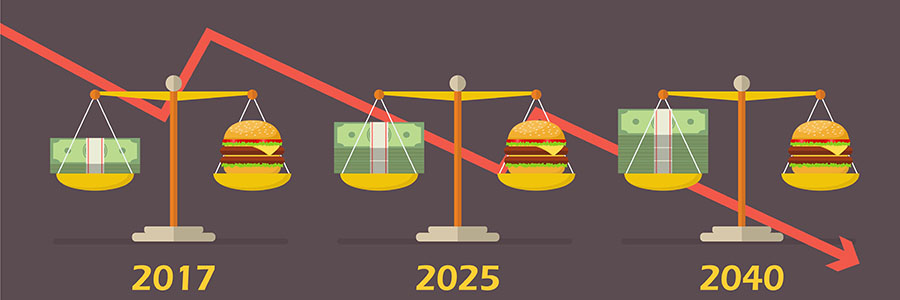9-12
AP Macroeconomics – Net Exports and Capital Flows
This lesson supports the Open Economy: International Trade and Finance section of the Advanced Placement Macroeconomics course. This lesson introduces net capital flows and examines their effect on the macroeconomy through the loanable funds market.
This lesson appears as Lesson 5, Un…
Lesson










